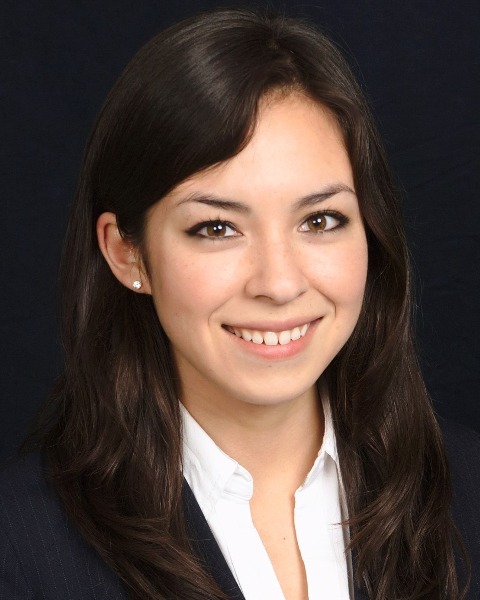Medical Education
Session: Medical Education 6
422 - Difficult conversations in fetal and neonatal neurology: National survey of educational experiences and needs of child neurology residents
Saturday, May 4, 2024
3:30 PM - 6:00 PM ET
Poster Number: 422
Publication Number: 422.1619
Publication Number: 422.1619

Ashley M. Bach, MD MPH (she/her/hers)
Pediatric Neurology Resident
Childrens Hospital of Philadelphia
Philadelphia, Pennsylvania, United States
Presenting Author(s)
Background: Fetal and neonatal neurology (FNN) is a growing subspecialty within child neurology, to which residents have varying exposure. FNN often involves difficult conversations regarding uncertain or poor prognosis. delivering serious news and discussing prognosis amidst uncertainty. Resident exposure to FNN and educational needs around these difficult conversations are not well characterized.
Objective: To assess the exposure of child neurology residents to FNN and to characterize educational needs around communicating with families during difficult conversations.
Design/Methods: This is a descriptive, survey-based study of the educational experiences of child neurology residents in the neurology portion of their training. An anonymous RedCap survey was distributed by email to program directors of all child neurology programs in the United States, to be distributed to residents for optional, voluntary completion. All respondents completed the survey between March and August 2023.
Results: Fifty child neurology residents in training programs from 12 states completed the survey. Half spent 1-4 weeks, and 42% spent >4 weeks, this academic year on an inpatient service that consulted on a range of NICU patients (1 to 21+) per week. Half had participated in one or more fetal neurology consultations in the preceding 6 months. Most residents were interested in increasing clinical exposure to neonatal neurology (78%) and fetal neurology (88%). Many residents had been part of a difficult conversation in the NICU or fetal neurology clinic (84%), with two-thirds having led at least one of these conversations in the preceding 6 months. Many reported a negative experience during the disclosure of serious news or discussion of prognosis with a family (60%), and greater comfort with delivering diagnoses and prognoses in neonatal neurology than in fetal neurology. Most residents had prior training in communication skills (94%), most commonly during medical school and pediatric residency. Fewer had communication training specific to FNN (30%), but nearly all were interested in improving their ability to conduct difficult conversations about goals of care and prognosis in FNN (94%).
Conclusion(s): Child neurology residents have variable exposure to FNN and are often an integral part of difficult conversations with families. A minority had communication training specific to FNN and nearly all were interested in increasing clinical exposure and improving their ability to conduct difficult conversations in FNN, highlighting an educational need in FNN curriculum development.
